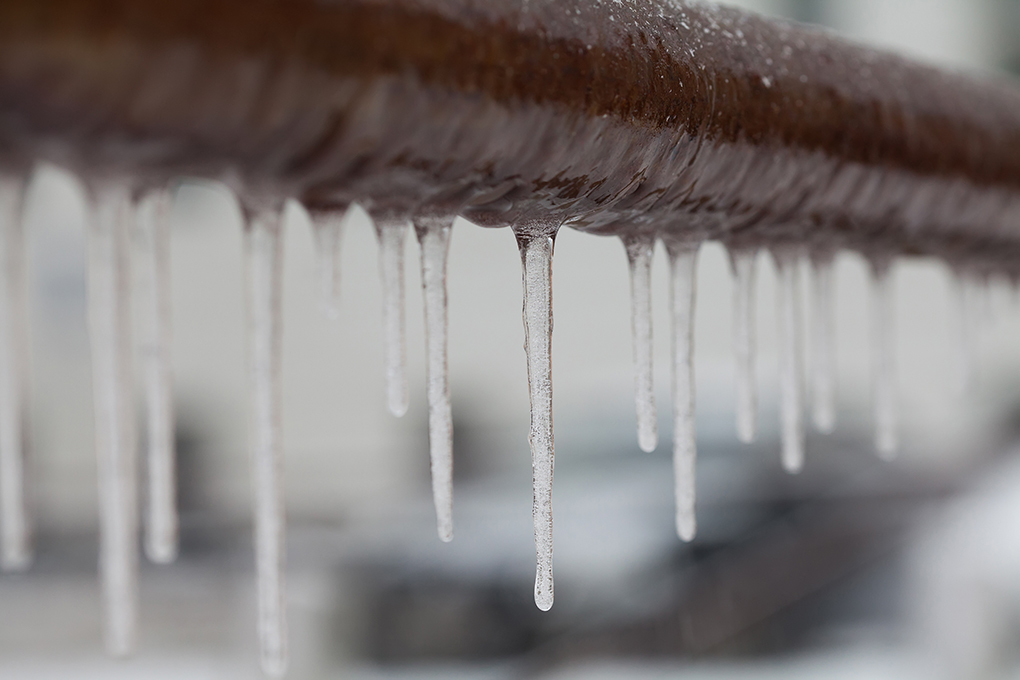Keeping safe during the snow

Get your boiler serviced
It’s recommended that you service your boiler annually. If there’s a problem, it’s better to have it identified and sorted now, rather than have the boiler break down mid-winter. Always make sure the engineer you use is on the Gas Safe register–the official list of gas engineers registered to work safely and legally.
Find your water stop valve
The stop valve (or stopcock) controls the water coming into your home. If any of your pipes freeze and burst, you’ll need to use this to shut off the water and prevent further damage. Make sure everyone in your household knows where it is and how to use it.

Insulate pipes in the loft and exposed areas
The most frequent reason for pipes freezing and bursting in the winter is that the pipes in the loft, garage and other unheated areas are not properly insulated. Make sure all exposed piping (including joints and the bodies of any taps) is insulated with lengths of pipe lagging that can be held in place with string or tape. If you need to do some extra work in the loft, remember to be extra careful if the floor isn’t boarded–you don’t want to fall through the ceiling.
Upgrade your insulation
Good insulation not only helps keep you warm–it can also help lower your energy bills. Your loft should have at least 270mm (10–11 inches) of insulation ideally, and you should also consider insulation in any cavity walls you may have. Little things like closing curtains and blinds at dusk and draught proofing windows and doors will also help keep the heat inside your home.

Leave the heating ticking over while you’re away
If you’re leaving the house for more than a couple of days, leave your heating on a low setting, so warm water (that won’t freeze), is left flowing through the pipes. Pipes in the loft are most at risk so make sure they’re properly insulated. It might also be worth leaving the entrance to the loft open so warm air can circulate.

Bleed your radiators
If a radiator is cooler at the top compared with the bottom, then it’s likely you need to bleed it to remove any air pockets. This will vastly improve the radiator’s efficiency.
Keep an eye on vulnerable neighbours
Be aware of any neighbours that could be struggling to get out and about in the cold weather. Popping round to check they have all they need and are keeping warm is likely to be appreciated–even just popping in for a chat is a good idea, as some people can feel quite isolated if they can’t leave their home.
Use salt or sand to clear icy paths
Using warm water to melt snow might refreeze and turn to black ice. Instead, use salt or sand–ordinary table salt or dishwasher salt works fine. You should use around a tablespoon for each square metre.

Make sure you have essential items
While no one wants to be ‘that person’ panic buying milk and bread, it’s sensible to keep your home stocked with some essentials in case you get stuck indoors. If you’re on repeat prescription medication it’s important to check you have enough to last–deliveries can be affected by bad weather.
You might also be interested in
Keeping safe when driving in snowy weather
Our guide to driving in wintry weather


